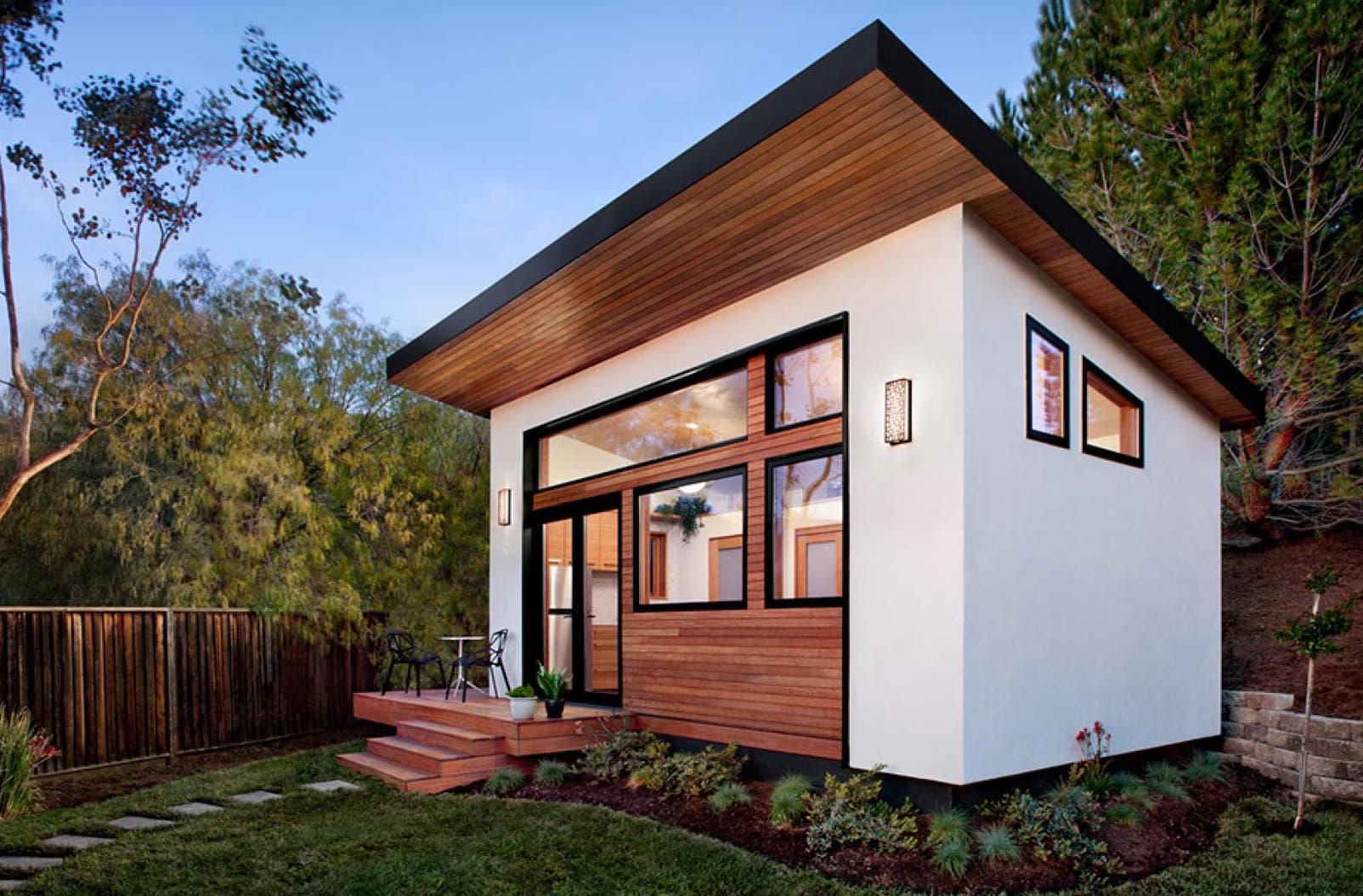PIEDMONT — Saying they felt their hands, and the city’s hands, are tied by new state laws, Piedmont Planning Commissioners Monday night voted to recommend updates to the city’s ordinance regulating “accessory dwelling units” — updates to reflect a process that, by the aforementioned state law, gives cities less control over what they allow.
The Piedmont City Council is set to take up the issue at its Tuesday, Jan. 21 meeting, and could decide to implement the proposed ordinance changes. That meeting begins at 7:30 p.m. at City Hall, 120 Vista.
The recommendation came on a 4-1 vote, with commission Chairman Jonathan Levine dissenting. He said he was troubled both by the new state law’s absence of notice allowed to neighbors of property owners with ADU projects, and by an approval process that hamstrings city planners.
“I think we need to think through (these) two big issues … and I’m not sure what the answer is, frankly,” Levine said Monday night.
Added Commissioner Yildiz Duransoy, “It doesn’t seem like there’s much we can do.”
None of the planning commissioners Monday night expressed much love for the new state laws — three of them — designed to make it easier for people to carve carve accessory dwelling units — sometimes called “granny flats” or “mother-in-law units” — from converted garages, separate cottages or other residences on the same lot as a main dwelling. By definition these ADUs have separate entrances and distinct bathrooms, kitchens, bedrooms and laundry and living area from the main residence on the property.
The changes come via several bills signed in October by Gov. Gavin Newsom, all intended to increase the state’s supply of affordable housing. ADUs are one part of the state’s ideal formula for providing more such housing. One new law, AB 68/AB 881, will limit cities’ ability to prevent homeowners from building second and third units less than 16 feet tall provided there is enough space to build them at least four feet from property lines. It also prohibits replacement off-street parking when a “garage, carport or covered parking structure” is demolished or converted into an ADU. (Editor’s note: An earlier version of this story incorrectly stated that it required replacement off-street parking.)
Another new law, SB 13. caps the fees cities can charge for landowners who want to build additional housing units on their property.
The recommended changes to Piedmont’s ADU ordinance, designed to conform with the new state laws, include:
*** Allowing ADUs within every type of zoning in which residences are permitted. In Piedmont, this is every zone.
*** No longer requiring owner occupancy on the property with the ADU, at least through 2025.
*** Allowing architectural review of construction related to an ADU, but it must be done “ministerially,” by prescribed procedure, without a public hearing.
*** Any minimum size standard for an ADU must allow 850 square feet for studio or one-bedroom units, and 1,000 square feet for an accessory dwelling unit that provides more than one bedroom. (The current code limit is 800 square feet.)
*** In addition to a regular ADU, the city must also allow a JADU (junior accessory dwelling unit) on the same residential lot if the property owner wants to build or otherwise create one. Thus, some Piedmont parcels could one day host three separate residences.
Many Bay Area cities have acted over the past two months to adjust their own ordinance regulating accessory dwelling units, either ahead of or after new state laws went into effect Jan. 1, to bring their city codes into compliance with the new state law. Piedmont is undertaking that process now.
All California cities, including Piedmont, are under pressure from the state to provide more affordable housing. In November, the City of Piedmont received a $160,000 state grant to help with the development of accessory dwelling units and for establishing design and zoning standards for apartments and condominiums. City planners have said the planning grant should help Piedmont find new incentives for rent-restricted ADUs and for new mixed-use multifamily developments. Specifically, the planning grant should help Piedmont find new incentives for rent-restricted accessory dwelling units,
Before these, two 2016 state laws, AB 2299 and SB 1069, resulted in Piedmont being prohibited from requiring parking for accessory dwelling units.
Though there has been talk around Piedmont that the new state ADU laws could help erode Piedmont’s character by encouraging denser development, only a small handful of public commenters addressed the Planning Commission Monday night. One of them, former Planning Commissioner Michael Henn, questioned the speed with which Piedmont seems to be moving in conforming to the new state laws. That “precludes the normal community discussion we’re used to” in Piedmont, he said.
Dmitri Maganes told the council these state edicts may be the tip of the iceberg. “With the housing crisis, it will only get more liberal … There will be more coming down the pike.”
Contact Sam Richards at sam.richards4344@gmail.com
